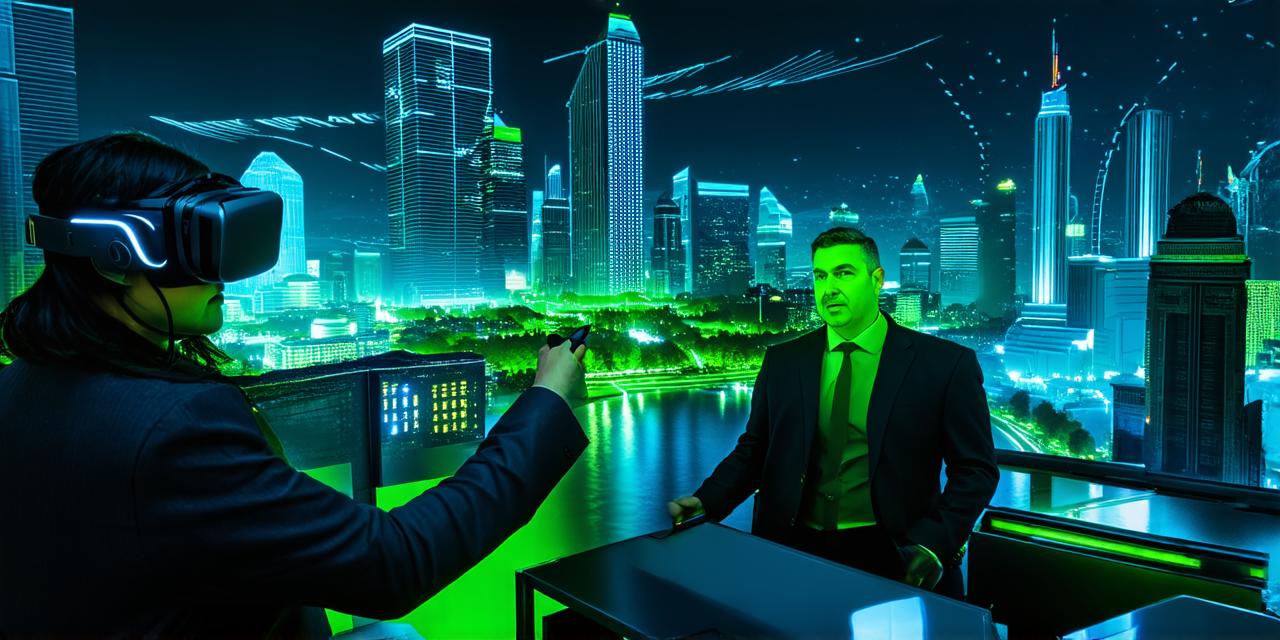Virtual reality (VR) is a technology that simulates a 3D environment using computer-generated graphics and sound. It has been around for decades but has only recently become mainstream due to advancements in hardware and software.
There are many potential benefits of VR, both for individuals and businesses. In this article, we will explore some of the ways that virtual reality can improve our lives.
Improved learning and education
One of the most promising applications of VR is in education. By creating immersive and interactive experiences, VR can help students to better understand complex concepts. For example, a student could take a virtual tour of a museum or historical site, allowing them to explore the exhibits in detail and ask questions without the need for a guide.
This type of experience could be particularly helpful for subjects like history, science, and art, where students often struggle to visualize abstract concepts.
Therapy and mental health

Another area where VR can be incredibly useful is in therapy and mental health. By creating realistic simulations of stressful or traumatic situations, therapists can help patients to confront and overcome their fears in a safe and controlled environment.
For example, a patient who suffers from social anxiety could be exposed to virtual social situations, allowing them to practice their social skills and build confidence.
Gaming and entertainment
Perhaps the most well-known application of VR is in gaming and entertainment. With VR, players can fully immerse themselves in a game world, experiencing it as if they were really there. This can create a much more engaging and enjoyable experience than traditional gaming methods.
Additionally, VR games can be used for physical therapy, such as motion sickness prevention or treatment of certain injuries.
Training and simulation
Virtual reality can also be used for training and simulation purposes. For example, pilots could use VR to practice flying in a safe environment, without the risk of crashing.
Similarly, doctors could use VR simulations to practice surgical procedures, allowing them to hone their skills before performing the operation on a real patient. This type of training can be incredibly useful and cost-effective, as it allows for controlled and safe practice without the need for expensive equipment or specialized facilities.
Accessibility
Finally, VR can help to make certain experiences more accessible to people who may not have had access to them before. For example, individuals with mobility issues could use VR to explore museums or historical sites that they may not have been able to visit in person.
Similarly, people living in remote areas could use VR to experience cultural events or activities that are only available in major cities.
In conclusion, virtual reality is a powerful technology that has the potential to improve our lives in many ways. Whether it’s through improved education, therapy, gaming, training, or accessibility, VR can offer us new and exciting experiences that we may not have had otherwise. As the technology continues to evolve and become more accessible, we can only imagine what new possibilities will emerge.
